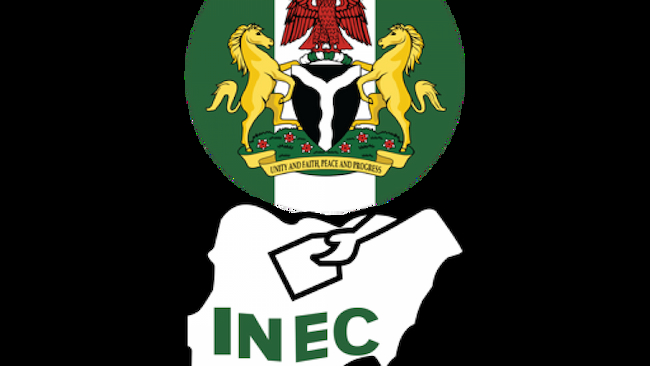The Independent National Electoral Commission (INEC) has revealed that with the right legal framework in place, electronic transmission of results will improve the quality of the electoral process in Nigeria.
Prof. Mahmood Yakubu, the INEC Chairman made this known in a 25-page “Position Paper No. 1 of 2021” released Saturday in Abuja, saying Nigeria has adequate Information Communication Technology (ICT) infrastructure for e-transmission.
Electronic transmission/adequate structures
“The Independent National Electoral Commission INEC believes that it has developed adequate structures and processes to successfully transmit election results electronically.
Electronic transmission of results will improve the quality of election result management and that our engagement with stakeholders shows that the Nigerian public supports it.
READ ALSO: Stanbic IBTC: Working Towards Net Zero Emissions
The technology and national infrastructure to support this are adequate. Consequently, if the choice was up to INEC, the Commission prefers to transmit election results electronically once the necessary legal framework is provided.
This Position Paper will, among other things, try to elaborate on the reasons why the transmission of election results electronically is both desirable and doable”, the commission declared.
Approval
He said; “Two guiding principles underlying the Commission’s application of technology are timeliness and relevance. These principles underscore the Commission’s belief that the time has come for Nigerian elections to transcend the cumbersome, tardy and vulnerable manual transmission and collation of election results to electronic transmission.
“Recently, in the course of the National Assembly seeking to amend or repeal and re-enact the Electoral Act 2010, a national debate has arisen over the question of electronic transmission of election results. The controversy has revolved around the readiness of INEC and the capacity of national infrastructure for transmitting election results electronically.
It is worthy of note that none of the sides in this controversy appears to substantially question the desirability of electronic transmission of election results. It seems that only the preparedness of INEC and the capacity of national infrastructure are questioned.
“Since INEC’s readiness has become a cardinal issue in these debates, the Commission has decided to articulate and make public its position and thinking on this question, particularly for two reasons. First, many Nigerians have called on the Commission to make its position public.
Second, we hope that by doing so, some of the partisan fervour that has tainted the discussions may recede and make common grounds and consensus possible in order to chart a more progressive way forward.
“This Position Paper is borne out of this thinking. Among other things, it distils the Commission’s position and thinking on the question of electronic transmission of election results in an easily readable form.
The positions canvassed in this paper are informed by a decade of the Commission’s technical field experience, piloting and engagement with critical stakeholders, particularly the Mobile Network Operators (MNOs) on electronic transmission of election results.
“Surely, a decade is not a short time for the Commission to determine whether it is ready. Our position is not meant to support or undermine any side in the ongoing debates. Our understanding is that as a responsible corporate citizen, particularly one whose constitutional responsibilities are at stake, INEC should lend its voice to such a momentous issue of public concern.
As such, INEC’s intervention in these debates, particularly through this Position Paper, should not be misconstrued as denuding the powers of any other agency or authority to perform its functions or to hold views on the issues in question that are contrary to those of the Commission.
In that spirit, and on behalf of the Commission, I strongly commend this Position Paper No. 1 of 2021 to all stakeholders who are interested in knowing the Commission’s thinking and position on the electronic transmission of election results”.
Electoral Bill
INEC contended that recent debates in Nigeria over the provision of Clause 52 (3) of the Electoral Bill 2021 regarding the electronic transmission of election results appear to be generating a lot of heat but throwing very little light on the cardinal issues.
“This is particularly the case regarding the level of understanding of the position, requirements and preparedness of INEC on the question. It is curious that the perspectives of the Election Management Body on this very important issue of election management remain either completely absent in the debates or at best misconceived. This is a major missing link in the debates and this Position Paper seeks to address it. adequate”, INEC stated.
















